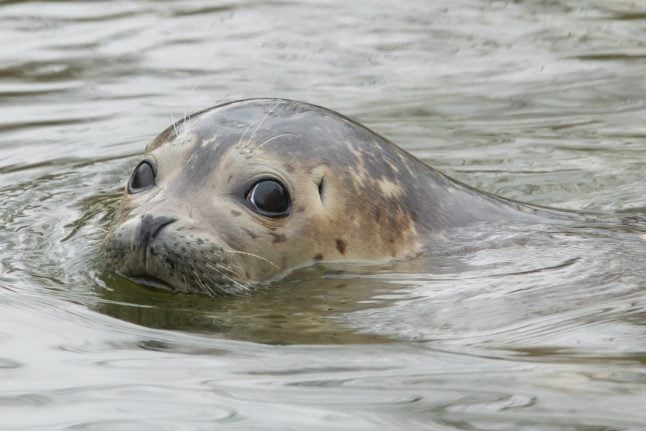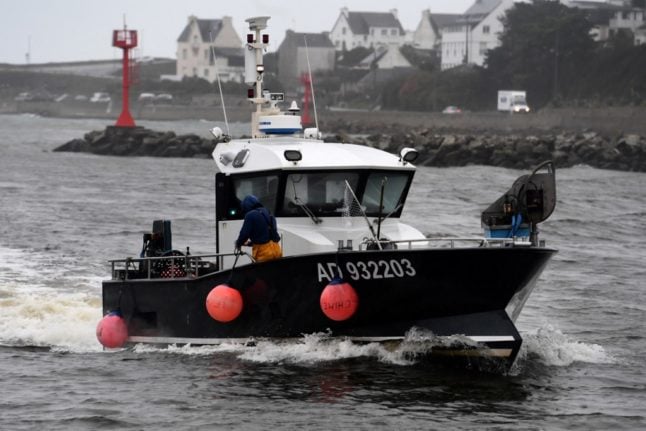The numbers of the seals in the Wadden Sea has reached a record high in 2017, reports news agency Ritzau.
While the numbers of the seal are highest in the Dutch and German parts of the sea, they are also growing in Denmark, at the cost of the more common harbour seal, according to the report.
5,445 grey seals were counted in the Wadden Sea in 2017, a ten percent increase from last year.
221 of these were counted in the Danish part of the sea – a 50 percent increase.
No seals of the species at all lived in the sea 10-15 years ago.
“There is clearly growth in the Danish part of the sea, and a couple of years ago we saw the first birth in the area,” Jonas Teilmann of Aarhus University’s Department of Bioscience told Ritzau.
The grey seal, which can weigh up to 300kg, consumes much more than the smaller harbour seal, getting through five kilo of fish every day – if it doesn’t hunt alternative sustenance.
“We have seen several examples of grey seals killing harbour seals and eating them. They are larger and very aggressive. Some of them have possibly even specialised in harbour seals and also porpoises and even grey seal pups. They take a bit of everything,” Teilmann continued.
Other parts of Denmark’s coastal waters, including the Limfjorden waterway and waters off Bornholm, have also seen an increase in grey seals – often to the chagrin of local fisherman.
The appetite of the seals reduces the size of catches that can be made by commercial net fishing boats in the areas.
The seals also damage nets and eat the parts of the fish they like most, according to the report.
In 2016, minister for food and the environment Esben Lunde Larsen – who recently lost fishing from his ministerial portfolio after a political scandal over fishing quotas – gave dispensation for licensed hunters and fisherman to shoot 40 of the otherwise protected grey seals.
But no grey seals have as yet been reported as having been culled in the Bornholm and Christiansø areas, where the problem is said to be at its worst.
Biologist Bo Håkansson of the Danish Society for Nature Conservation told Ritzau that, although they did not affect cod fishing in the North Sea, grey seals were a problem for net fisherman due to their tendency to eat through the nets.
“Fishing with fixed nets is the most [environmentally] protective form of fishing,” he commented.
READ ALSO: Denmark gets two new world heritage sites



 Please whitelist us to continue reading.
Please whitelist us to continue reading.